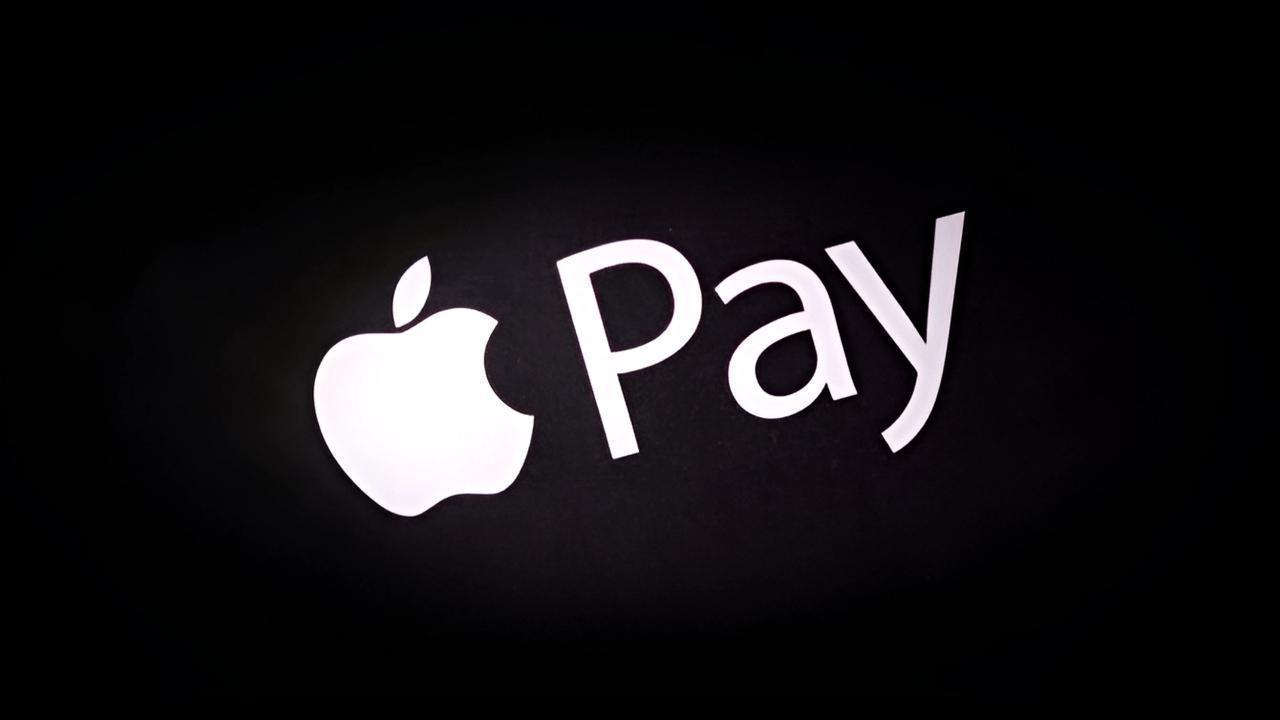
Post by : Priya
Photo:Reuters
A major legal battle has erupted involving Apple, one of the world’s largest and most influential technology companies. Apple stands accused of stealing secret technology from a Texas-based firm called Fintiv to build its popular mobile payment system, Apple Pay. The lawsuit filed in a Georgia federal court alleges that Apple violated trade secret laws and committed racketeering — a criminal business practice — among other accusations.
Background of the Lawsuit
Fintiv, headquartered in Austin, Texas, claims that Apple approached its predecessor company, CorFire, over a decade ago. Between 2011 and 2012, Apple and CorFire entered into multiple meetings and confidential agreements. Apple’s apparent goal was to license CorFire’s cutting-edge mobile wallet technology, which allows users to pay digitally using their phones or other devices.
However, according to Fintiv’s lawsuit, Apple never intended to pay for this technology. Instead, Apple is accused of stealing the secret information shared during these discussions, then hiring key CorFire employees to help use the stolen technology. Apple launched Apple Pay in 2014, which has since become one of the most widely used digital payment platforms worldwide, integrated into millions of iPhones, iPads, Apple Watches, and MacBooks.
What Does Apple Pay Do?
Apple Pay allows users to make secure, contactless payments with their Apple devices. It replaces traditional credit and debit cards with a digital wallet that can be used in stores, apps, and online. Its core features, according to the lawsuit, include secure element technology, near-field communication (NFC), and trusted service management—all innovations originally developed by CorFire and later managed by Fintiv.
Details of the Allegations
Fintiv’s complaint alleges multiple serious offenses:
Trade Secret Theft: Apple allegedly used confidential technology without permission.
Breach of Agreements: Apple signed nondisclosure agreements (NDAs) to keep CorFire’s information private but reportedly violated them.
Racketeering: The complaint accuses Apple of participating in a racketeering enterprise by forming business relationships with major banks and payment networks (e.g., JP Morgan Chase, Citibank, Visa, Mastercard) to profit from the stolen technology.
Employee Poaching: Apple is accused of recruiting important CorFire employees to gain an unfair competitive advantage.
The lawsuit states Apple has earned tens of billions of dollars from Apple Pay, which relies heavily on the stolen technology. Fintiv demands compensation and punitive damages for these harms.
Impact and Importance
Apple Pay is a major revenue driver for Apple and a critical part of its ecosystem, responsible for billions in yearly transactions. Fintiv claims that without access to its stolen technology, Apple’s ability to monetize Apple Pay would be greatly limited.
Beyond money, this lawsuit raises important questions about trust, intellectual property, and corporate ethics. Accusations of stealing trade secrets are very serious, as they undermine the innovation process and fair competition. The case also suggests a troubling pattern of Apple allegedly using deceptive tactics to obtain proprietary information.
Previous Legal Battles
This is not the first time Fintiv has taken legal action against Apple. Previous patent infringement lawsuits filed in Texas courts faced complex proceedings, some were dismissed, and others are under appeal. The current case in Georgia represents a fresh attempt to hold Apple accountable under federal and state law.
What is at Stake?
If Fintiv’s claims are proven true, Apple could face significant financial penalties, reputational harm, and increased scrutiny about its business practices. It would also set a precedent for how large tech companies must respect smaller innovators.
For consumers, the lawsuit does not immediately affect the use of Apple Pay, which remains operational and widely accepted globally. However, ongoing legal disputes highlight the complex environment behind the technology that powers everyday conveniences.
Apple Pay lawsuit
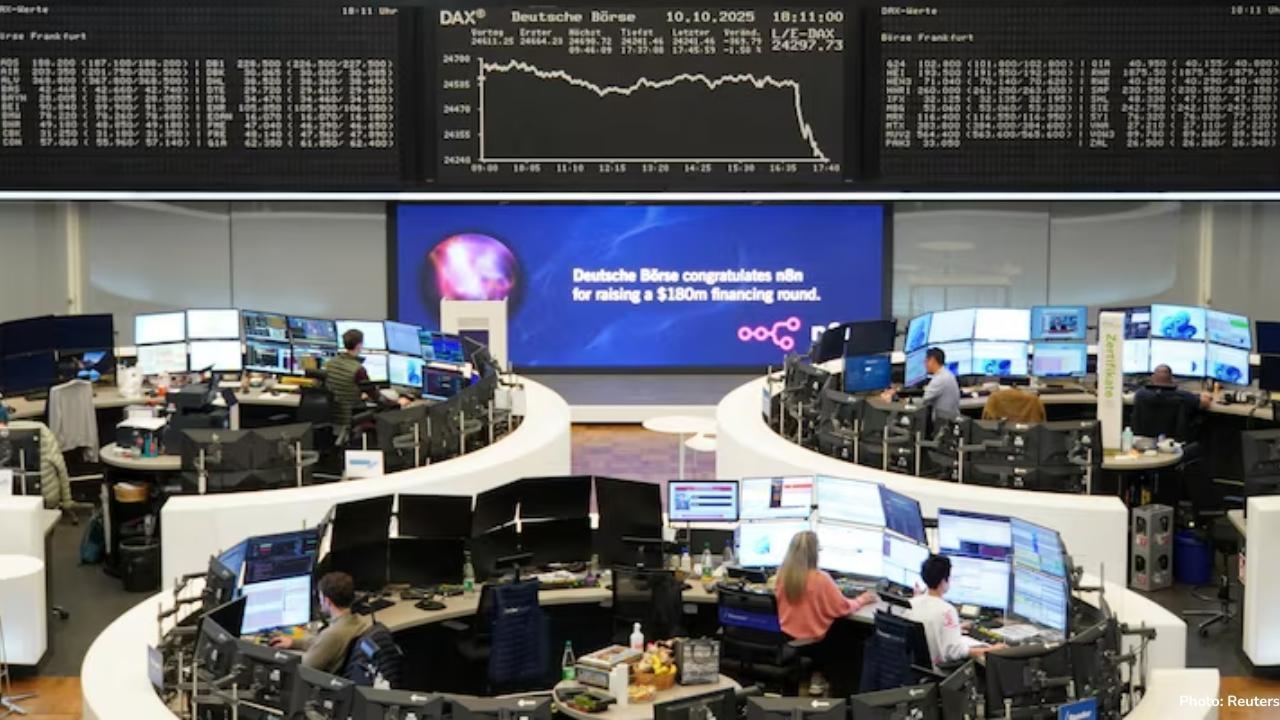
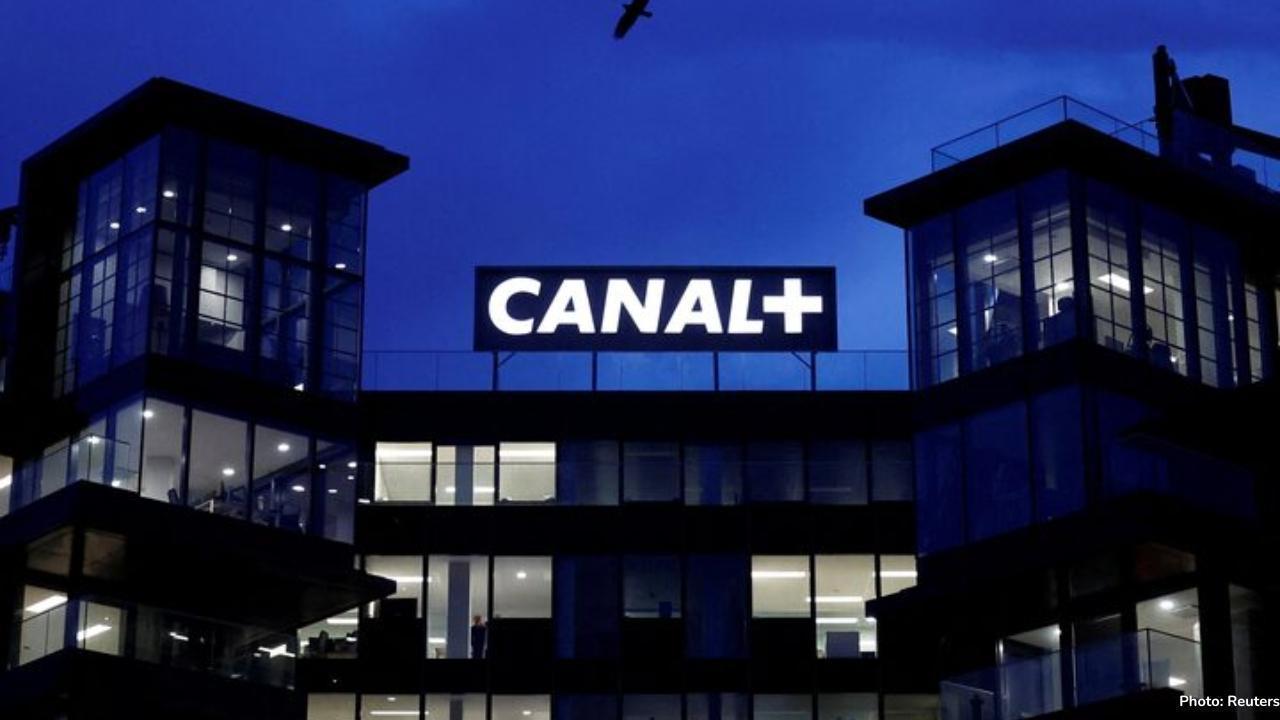

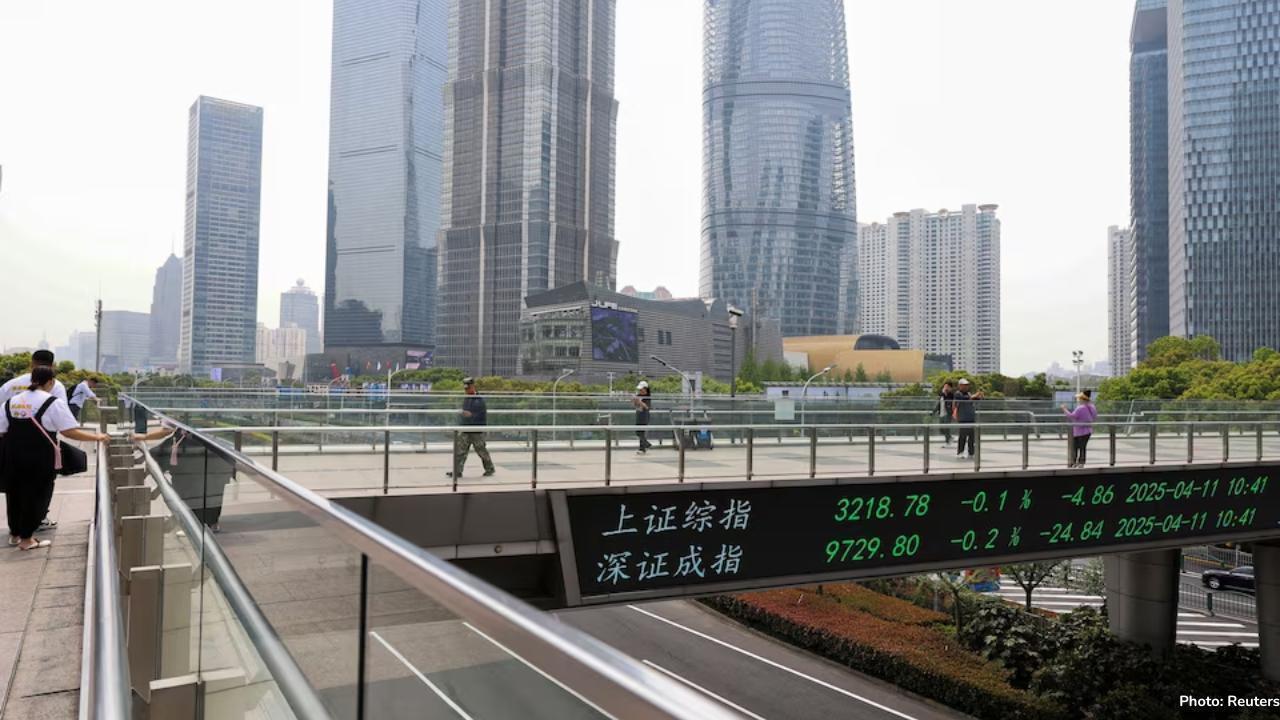


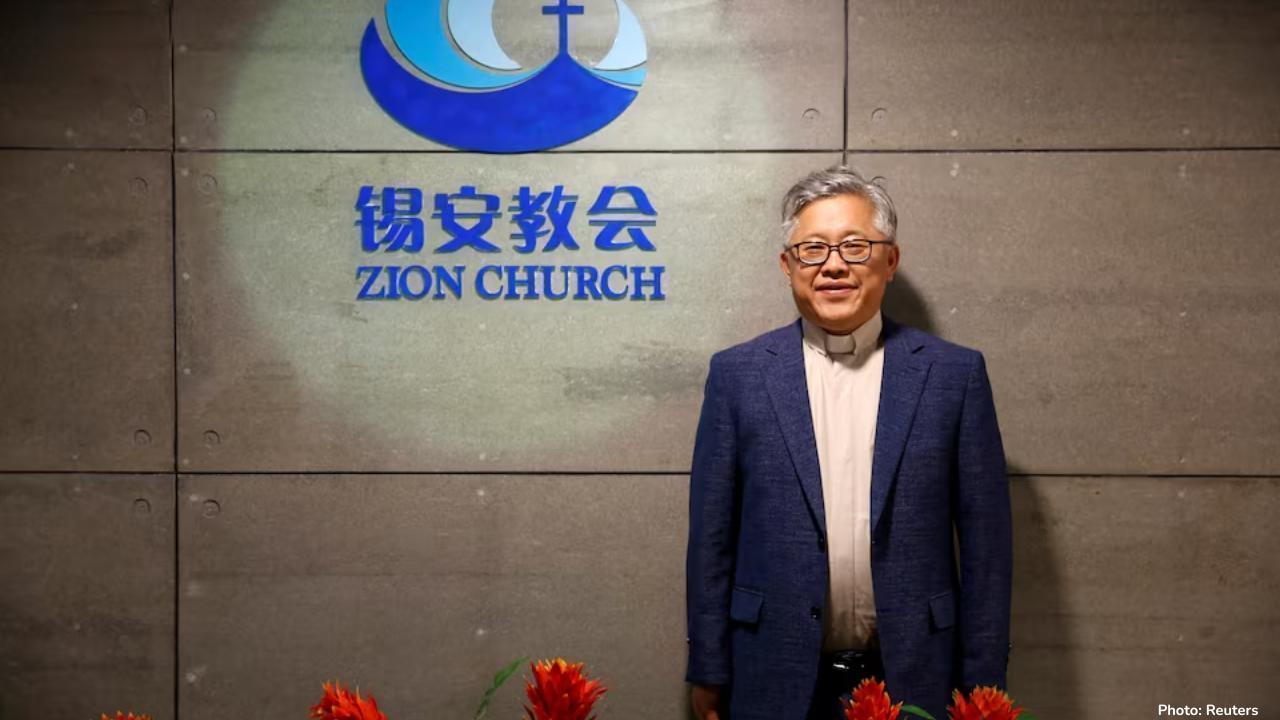



Global Markets Show Mixed Signals Amid Trade Tensions
Global markets react cautiously to renewed U.S.-China trade tensions, with European stocks steady an

Canal+ Plans Secondary Listing in Johannesburg After MultiChoice Deal
Canal+ to list shares on Johannesburg Stock Exchange after acquiring MultiChoice for $2 billion, aim

Oxford Instruments Faces Challenges Amid Tariff Disruptions
Oxford Instruments warns of flat annual revenue and profit due to tariff disruptions and economic un

World Markets Calm After Trade Worries; Gold Hits Record High
Global markets steadied after trade tensions eased. Gold prices reached new highs, and European stoc

Taiwan Builds T-Dome to Stop Enemy Missiles Quickly
Taiwan’s new T-Dome system links sensors and missiles for faster, smarter defense to protect against

Trump's Trade War Escalates, Disrupting IMF and World Bank Talks
President Trump's renewed trade war with China, including 100% tariffs and export controls, overshad